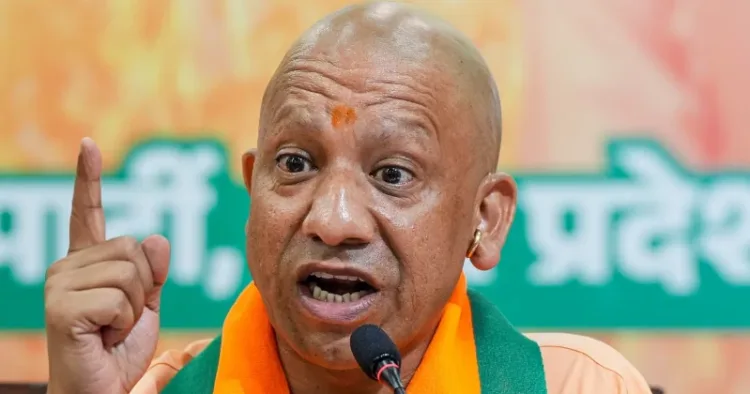The Uttar Pradesh government, led by Chief Minister Yogi Adityanath, has announced a comprehensive review of Other Backward Classes (OBC) reservations granted to Muslim communities by previous administrations. This move comes after a rally where Adityanath emphasised that reservations intended for Hindus should not be extended to Muslims.
Deputy Chief Minister Keshav Prasad Maurya confirmed that the state government will scrutinise the OBC reservations provided to Muslims, alleging that previous governments used these reservations to secure votes, which he claims is unconstitutional. “Reservations should not be given on the basis of religion,” Maurya stated. He also pointed out the need for investigations similar to those in West Bengal, where the Calcutta High Court recently cancelled all OBC certificates issued since 2010, deeming them illegal.
Earlier, the Calcutta High Court invalidated all OBC certificates issued in West Bengal post-2010, directing the West Bengal Backward Classes Commission to prepare a new list of OBCs in accordance with the 1993 Act. An estimated 500,000 OBC certificates are set to be cancelled following this order. West Bengal Chief Minister Mamata Banerjee has opposed the court’s decision, promising to appeal to higher courts to continue the OBC reservations.
CM Yogi Adityanath, at a recent rally, criticised the Congress for allegedly attempting to allocate OBC reservations to Muslims, which he claims is part of a broader agenda to push India towards “Islamisation and division.” He highlighted that the Congress’s actions during the UPA government, including the recommendations of the Justice Ranganath Mishra Committee, aimed to allocate a portion of OBC reservations to Muslims and include converted Muslims in the Dalit category.
Prime Minister Narendra Modi and other BJP leaders have echoed these sentiments, accusing the Congress of attempting to shift the reservation share of OBCs to the Muslim community. The Congress has refuted these claims, accusing the BJP of spreading misinformation.
In Karnataka, the inclusion of Muslims in the OBC category has been a longstanding practice, based on reports from the Backward Classes Commission since 1974. The previous BJP government in Karnataka had scrapped the 4 per cent reservation for Muslims under the 2B category, redistributing it among other communities, a decision currently challenged in the Supreme Court.
Karnataka Chief Minister Siddaramaiah defended his government’s stance, asserting that the Congress never intended to take away reservations from backward classes and SC/STs to give them to Muslims. He highlighted that the reservation for Muslims has been in place for decades, based on recommendations from various Backward Classes Commissions.
The review could potentially lead to significant changes in the reservation policy, impacting more than two dozen Muslim castes currently benefiting from OBC reservations in the state. The broader implications of this review and the Calcutta High Court’s decision could influence similar policies in other states, potentially reshaping the landscape of OBC reservations across India.




















Comments